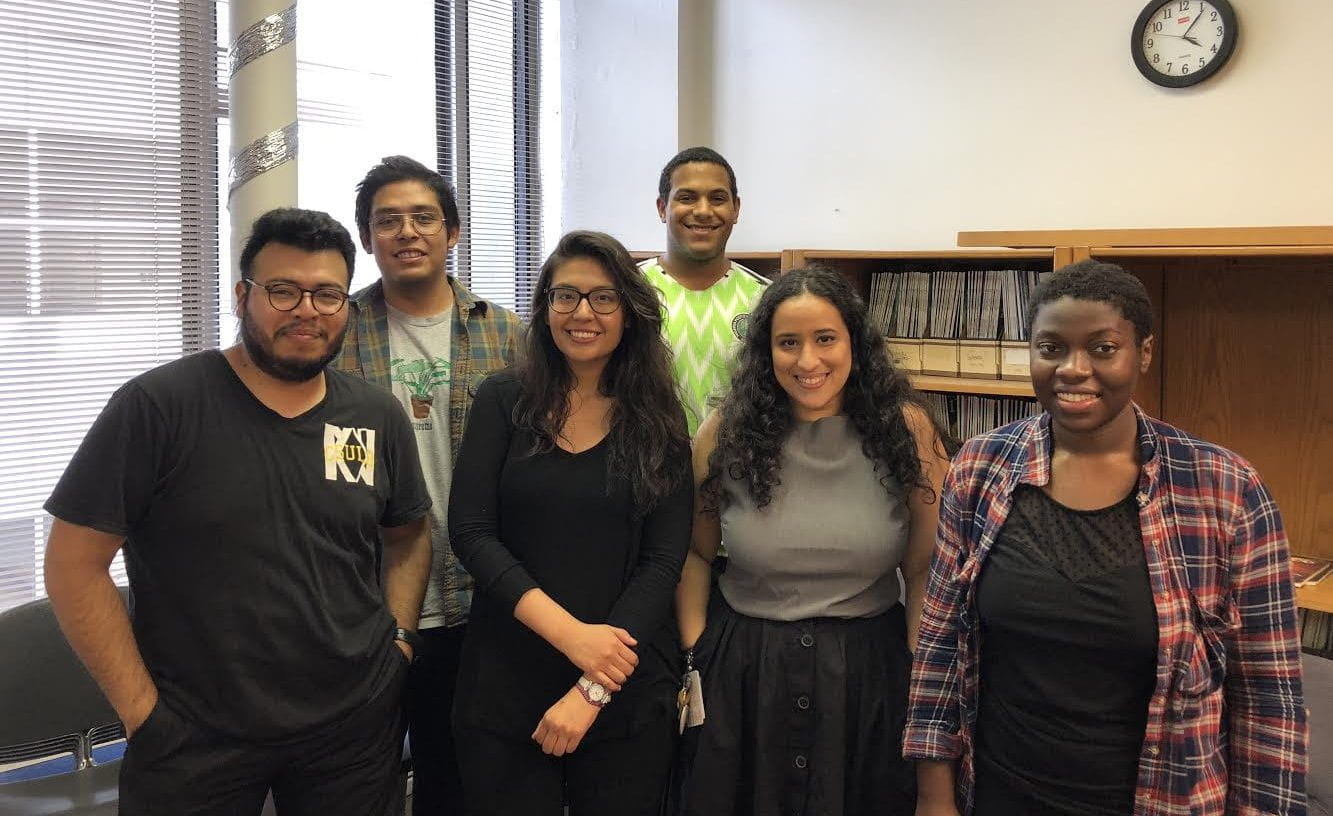IMSD Program Activities
EARLY ACTIVITIES include orientation, a summer “Boot-camp”, lab rotations to choose a mentor, self-assessments, and a series of Interactive Learning Modules (ILMs).
CONTINUING ACTIVITIES include coursework, lab rotations, and weekly ILMs, which continue throughout the year to help Students navigate the rigors of graduate school and develop their communication and research skills.
Throughout the years in graduate school IMSD students attend lunches, meetings, workshops and cultural events with other students and are encouraged to attend seminars, data meetings and scientific conferences with their lab groups.
Students continue participation in the IMSD Program until they complete their PhD. The students’ experiences are augmented through stage-appropriate ILMs designed to hone scientific skills, enhance leadership skills, develop professional networking skills, and explore career options after graduation.

APPOINTMENTS are made for one year in the first year of graduate studies and are renewable for the second year. IMSD students receive full funding (stipend, fees, tuition) for the duration of their appointment.
MENTORS from a wide variety of research fields participate in the IMSD Program. While their research projects are frequently basic in nature, students are encouraged to pursue research pertinent to the mission of NIGMS that addresses reducing health disparities, in areas such as respiratory diseases, cancer, arthritis, cardiovascular disease, diabetes, substance abuse and infectious diseases.
ACCEPTANCE TO THE IMSD is a competitive process and is contingent upon acceptance into a Graduate Program in the Biological Sciences at the University of Chicago. Selection is based on the graduate school application form, transcripts, GRE scores, letters of reference, past research experience, research interests and career plans. Applicants must be U.S. citizens or permanent residents.
Individuals from groups underrepresented in biomedicine, encompassing all relevant social, behavioral as well as health sciences, are strongly encouraged to apply. Applications are encouraged from any individuals with a demonstrated commitment to increase the full participation of underrepresented groups in biomedicine.
In keeping with its long-standing tradition and policies, the University of Chicago, in admissions, employment, and access to programs, considers students and employees on the basis of individual merit without regard to race, color, religion, sex, sexual orientation, age, national or ethinic origin, handicap, or other factors irrelevant to work or study in the programs of the University.